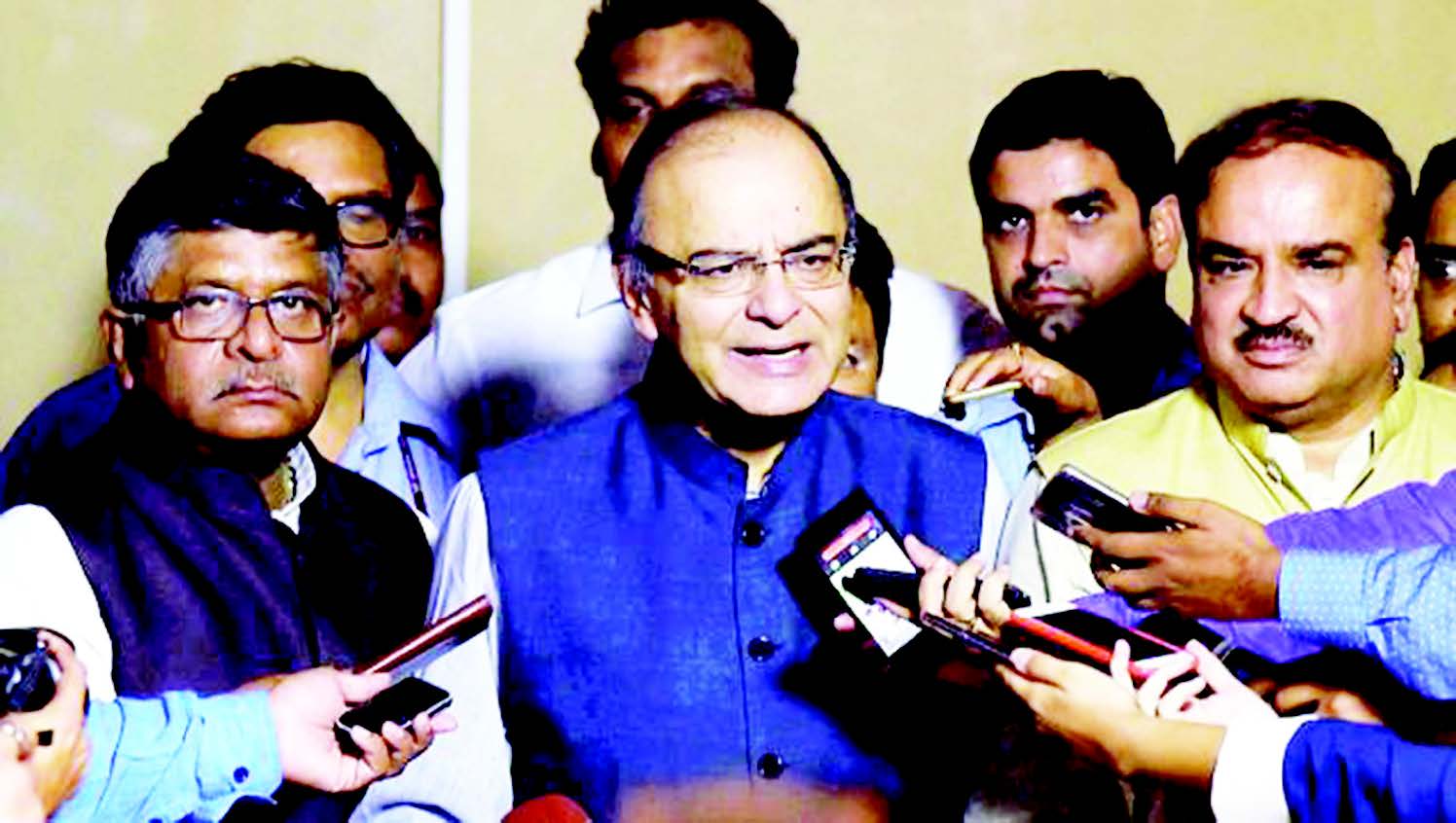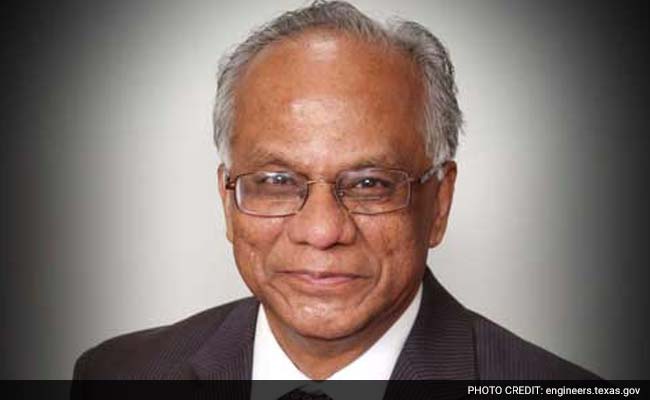
NEW DELHI (TIP): After being subject to months of haggling and histrionics, the Goods & Services Tax (GST) finally had its historic day in the Rajya Sabha with the passage of the Bill to amend the Constitution, paving the way for what is popularly referred to as the concept of “one nation, one tax.”
Barring the AIADMK, which staged a walkout on the plea that it violated federalism, all others, including the Congress, voted for the Bill.
Led by the former Finance Minister P. Chidambaram, the Congress, supported by members of some other parties, made a valiant effort to extract an assurance from Finance Minister Arun Jaitley that as and when he would introduce the subsequent legislation to operationalize the GST, it would be as finance rather than money bills. This was to ensure that they would also be voted in the Rajya Sabha.
However, Jaitley refused to yield, stating that he could not give a commitment on future legislation whose contours would be decided by the Centre and the States together.
The Rajya Sabha passed the constitutional amendment by two-thirds majority, as all parties, except the AIADMK, pledged support. The amendments moved by Jaitley were also put to vote. The Bill will now be returned to the Lok Sabha for its approval.
The constitutional amendment will enable both the Centre and the States to simultaneously levy the GST, which will subsume all indirect taxes currently levied, including excise duties and service tax. It will be levied on consumption rather than production.
Two components
The GST will have two components keeping in mind the federal structure of India: the Central GST (CGST) and the State GST (SGST).
The shift to the GST regime will lead to a uniform, seamless market across the country. It will be a uniform rate, will check evasion, and boost growth rates, Jaitley said initiating the debate.
Earlier in the day, lead speaker for the Congress, Chidambaram, made it clear that the main Opposition party will support the long-pending Bill only if the government gave firm assurances on two things: keeping the GST rate capped at 18 per cent in the subsequent legislation needed for the GST’s roll-out and bringing forth these as financial bills rather than money bills, which the Upper House will not just discuss but also vote on.
Jaitley hopes GST rates will be moderate
The Union Finance Minister also refused to give an assurance on demands put forth by Congress leader P. Chidambaram and others but did give the Rajya Sabha his word that the government will go by the Constitutional provisions and precedents at the time of bringing in the subsequent GST Bills.
Congress voted in favor
The Finance Minister said that his discussions with States led him to believe that the rates would be moderate and less onerous than the combined burden of the Central and State taxes on goods and services, which comes at present rates to about 27%. However, he said that it was not possible for him to give an assurance on legislations that had not yet been drafted. Before the Bill was put to vote, the AIADMK members staged a walkout from the House.
Putting on record that the GST was originally initiated by his predecessor, Chidambaram, Jaitley expressed gratitude to leaders of all political parties for the consensus that he was able to build on the Bill. “A legislation of this kind cannot be made on the basis of a partisan approach…,” he said.
The Indian Panorama received some reactions to the GST Bill which was passed in the Rajya Sabha unanimously on August 3.

K Ganesh says: “The passage of the Goods and Services Tax (GST) Bill in the Rajya Sabha is a progressive measure as it can facilitate seamless movement of goods across inter-state borders enabling better efficiency and spurring growth of the (eCommerce) sector. However, like every regulation, it needs to be implemented correctly, and should not make lives of eCommerce players even more complicated by burdening them with more administrative hassles,” said K Ganesh, Serial Entrepreneur, Partner – GrowthStory and Promoter of sector leaders such as BigBasket, Bluestone, FreshMenu, Housejoy, Homelane, Portea etc. “For the consumer, the price points of many products should come down or remain at the current levels (depending on the GST rates) as there will be free flow of credits since the total indirect tax cost embedded in the price (of products) is likely to decrease”.

Hari Menon, CEO, BigBasket commented: “The passage of the Goods and Services Tax (GST) Bill in the Rajya Sabha is a progressive reform, and we welcome it. If implemented correctly, it will bring relief from one of the key issues faced in the e-commerce segment – cascading taxes. We are hopeful that in the long-run the creation of a unified marketplace will reduce the tax burden, inventory cost and logistical issues; and ensure seamless movement of goods across the country. This will help bring efficiency, transparency and boost profitability and growth of the sector.”

Dhiraj Agarwal, Co-Founder, Campus Sutra observed: “From the point of e-commerce there are two points in which we are awaiting clarity. First being mechanics of GST across each state as online orders are not location dependent. Secondly, as a fashion e- commerce player we are eagerly waiting to see whether apparel continues to be in the necessity category and hence attracts a lower GST than the standard rate.”




